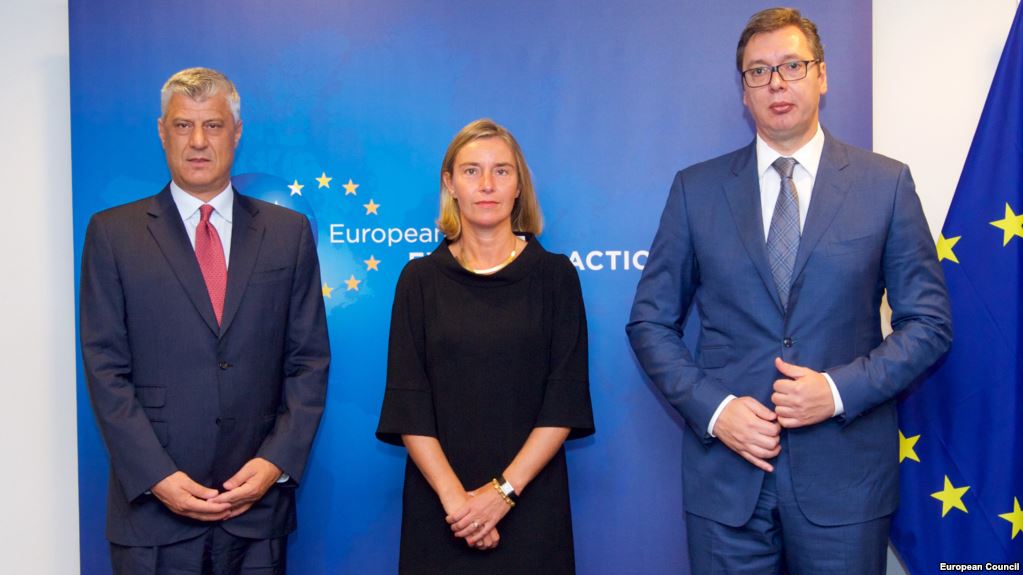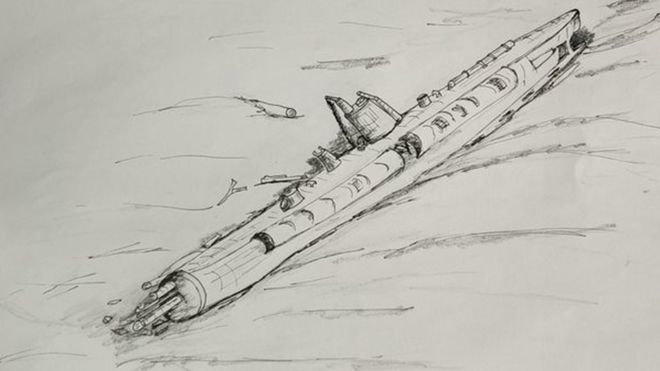Reuters, 20 September 2017
- At U.S. military facilities in Afghanistan, roughly half of the surgeries done for local civilians during more than a decade of war have been for non-combat injuries and health problems, a recent study suggests.
From January 2002 through March 2013, a total of 5,786 local civilians underwent 9,428 surgical procedures at U.S. military treatment centers in Afghanistan, accounting for 37,121 inpatient hospital days, researchers report in JAMA Surgery.
Overall, 2,853 of these patients, or 49 percent, were treated for conditions that weren’t directly related to the war, the study found.
“We knew from personal experiences, shared anecdotes, and surveys of deployed personnel that a substantial amount of humanitarian care was being performed,” said senior study author Air Force Lieutenant Colonel Dr. Peter Learn, a researcher at Walter Reed National Military Medical Center in Bethesda, Maryland.
“Our study offers a much broader accounting and provides some indicators of resources expended,” Learn said by email. “It also uses the context of global burden of surgical disease to demonstrate how this care made an impact in a country that still faces substantial health challenges.”
For the study, researchers examined military data on noncombatant local patients over the age of 15 who underwent at least one surgical procedure.
A total of 2,933 procedures were classified as war-related because they dealt with injuries and conditions that occurred as a direct consequence of the conflict in Afghanistan, including both acute and chronic health issues.
Compared with patients who had war injuries, those treated for non-combat issues were generally older and had shorter hospital stays with fewer total procedures and lower death rates, the study found.
Traumatic injuries accounted for 2,762 surgical procedures, and these were often orthopedic cases involving fractures.
Many cases involved operations to treat common civilian health problems like hernia, cataracts, urinary obstruction or appendicitis.
One limitation of the study is that researchers lacked detailed data on the exact medical conditions patients had or the precise circumstances that brought them to the hospital.
Still, the results show military treatment facilities in Afghanistan provide a substantial amount of civilian care, said Army Colonel Dr. Mary Edwards, a researcher at San Antonio Military Medical Center on Fort Sam Houston in Texas, who wasn’t involved in the study.
Edwards said this report, and other data cited by the research team, “likely underestimate the total humanitarian care provided by the U.S. Military in Afghanistan during recent conflicts.”
Many surgeries unrelated to combat might have been necessary at least in part because local medical services were not readily available after years of war, she said.
“During times of war and civil unrest, accidental injury becomes more common, as normal public safety measures fail and the existing medical infrastructure of the local community becomes disrupted or overwhelmed,” Edwards said by email.
No comments yet.
- IRAQ PM REJECTS ANY KURDISH INDEPENDENCE REFERENDUM Iraq 20.09.2017
-
 MOGHERINI MEATS VUCIC AND THACI IN NY
The Balkans
20.09.2017
MOGHERINI MEATS VUCIC AND THACI IN NY
The Balkans
20.09.2017
- RUSSIA WAS IDENTIFIED AS A THREAT BECAUSE OF BULGARIA‘S MEMBERSHIP OF NATO The Balkans 20.09.2017
-
 NO EU MONEY FOR EUROSCEPTICS!
Europe - EU
20.09.2017
NO EU MONEY FOR EUROSCEPTICS!
Europe - EU
20.09.2017
-
 GERMAN WW1 U-BOAT FOUND OFF BELGIAN COAST
Europe - EU
20.09.2017
GERMAN WW1 U-BOAT FOUND OFF BELGIAN COAST
Europe - EU
20.09.2017
-
11.04.2023
Türk-Ermeni İlişkileri Üzerine Ömer Engin Lütem Konferansları 2022 -
27.03.2023
RADİKAL ERMENİ UNSURLARCA GERÇEKLEŞTİRİLEN MEZALİMLER VE VANDALİZM -
17.03.2023
PATRIOTISM PERVERTED -
23.02.2023
MEN ARE LIKE THAT -
03.02.2023
BAKÜ-TİFLİS-CEYHAN BORU HATTININ YAŞANAN TARİHİ -
16.12.2022
INTERNATIONAL SCHOLARS ON THE EVENTS OF 1915 -
07.12.2022
FAKE PHOTOS AND THE ARMENIAN PROPAGANDA -
07.12.2022
ERMENİ PROPAGANDASI VE SAHTE RESİMLER -
30.03.2022
Türk-Ermeni İlişkileri Üzerine Ömer Engin Lütem Konferansları 2021 -
01.01.2022
A Letter From Japan - Strategically Mum: The Silence of the Armenians -
01.01.2022
Japonya'dan Bir Mektup - Stratejik Suskunluk: Ermenilerin Sessizliği -
11.02.2021
Türk-Ermeni Uyuşmazlığı Üzerine Ömer Engin Lütem Konferansları 2020 -
03.06.2020
Anastas Mikoyan: Confessions of an Armenian Bolshevik -
08.04.2020
Sovyet Sonrası Ukrayna’da Devlet, Toplum ve Siyaset - Değişen Dinamikler, Dönüşen Kimlikler -
18.03.2020
Türk-Ermeni Uyuşmazlığı Üzerine Ömer Engin Lütem Konferansları 2019 -
08.03.2019
Türk-Ermeni Uyuşmazlığı Üzerine Ömer Engin Lütem Konferansları 2018 -
12.06.2018
Ermeni Sorunuyla İlgili İngiliz Belgeleri (1912-1923) - British Documents on Armenian Question (1912-1923) -
02.12.2016
Turkish-Russian Academics: A Historical Study on the Caucasus -
01.07.2016
Gürcistan'daki Müslüman Topluluklar: Azınlık Hakları, Kimlik, Siyaset -
10.03.2016
Armenian Diaspora: Diaspora, State and the Imagination of the Republic of Armenia -
24.01.2016
Ermeni Sorunu Temel Bilgi ve Belgeler (2. Baskı)
-
AVİM Conference Hall 24.01.2023
CONFERENCE TITLED “HUNGARY’S PERSPECTIVES ON THE TURKIC WORLD"









